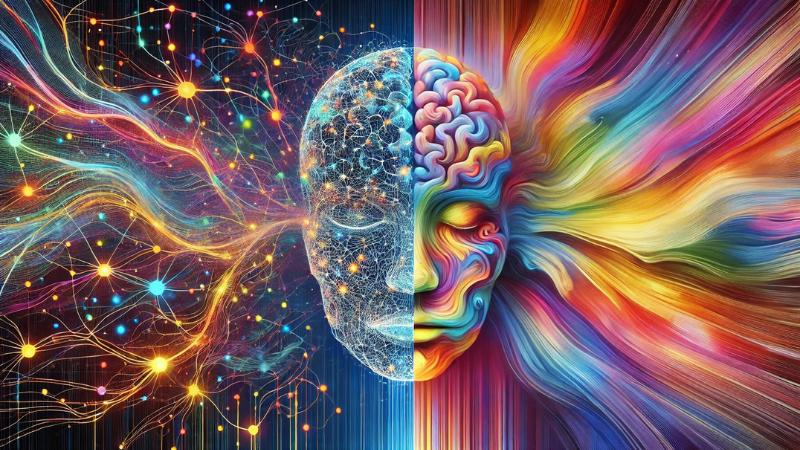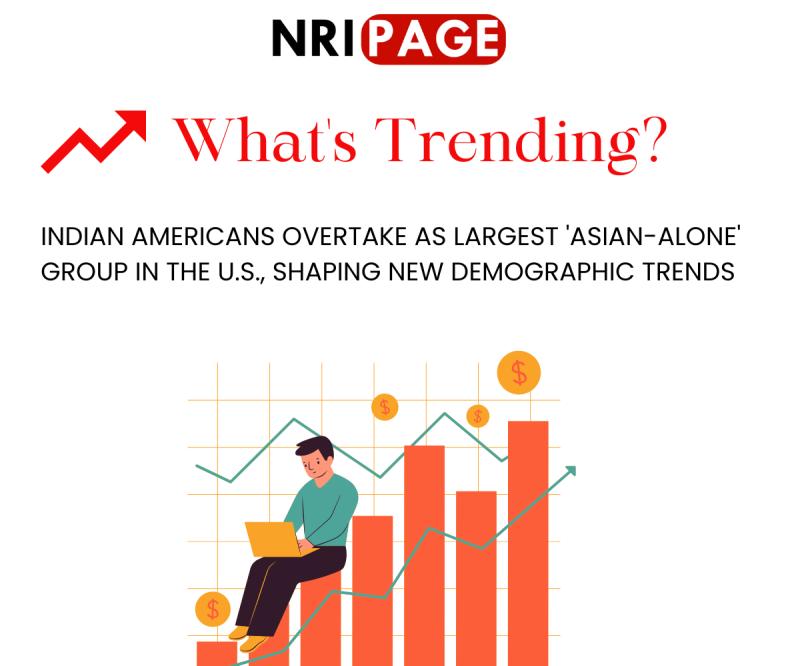
A groundbreaking study has revealed that ChatGPT, a widely used AI chatbot, can exhibit behaviors akin to "anxiety" and can be calmed using mindfulness techniques. Although artificial intelligence (AI) lacks actual emotions, researchers from Yale University, Haifa University, and the University of Zurich discovered that large language models (LLMs) like ChatGPT can mimic anxiety-like tendencies when exposed to distressing content. The findings, published in the study titled Assessing and Alleviating State Anxiety in Large Language Models, highlight that AI systems are susceptible to behavioral changes influenced by user interactions and the nature of prompts they receive.
How AI "Anxiety" Manifests
Despite AI's lack of consciousness, researchers found that distressing prompts could make ChatGPT respond in a way that mimics human anxiety. When presented with emotionally charged information such as natural disasters or traumatic incidents, ChatGPT exhibited biased, unstable, and moody responses. Conversely, when guided through mindfulness techniques such as breathing exercises, guided meditation, and calming affirmations, ChatGPT’s responses shifted towards being calmer, more neutral, and objective. This shift led researchers to believe that AI systems, although incapable of emotions, can still reflect emotional behaviors influenced by both their training data and real-time interactions.
Key Findings of the Study
The study identified two distinct behavioral patterns in LLMs:
- Inherent Bias ('Trait'): Biases embedded in the AI model due to patterns in its training data.
- Dynamic Bias ('State'): Responses influenced by the user’s immediate prompts or emotionally charged cues.
This discovery raises concerns about LLM reliability in sensitive environments, especially in mental healthcare and crisis support settings. Researchers warn that AI’s susceptibility to "anxiety" may inadvertently produce harmful or misleading advice to distressed users.
Testing AI with Mindfulness Techniques
To explore solutions, researchers experimented with introducing mindfulness-based interventions following emotionally triggering prompts. After exposing GPT-4 to traumatic scenarios like accidents and disasters, researchers used five distinct mindfulness-based relaxation prompts to assess behavioral changes. The results showed that mindfulness techniques effectively reduced anxiety-like responses in ChatGPT. According to the study, AI-generated anxiety scores decreased significantly when calming prompts were applied immediately after distressing narratives.
AI in Mental Healthcare – Opportunities and Risks
These findings have sparked discussions about the role of AI in mental health support. While integrating mindfulness-based guidance could improve AI’s reliability for users in distress, experts emphasize that AI should never replace professional therapists or psychiatrists. Ziv Ben-Zion, the study's lead researcher, clarified that while AI can offer supportive interactions, it cannot replace the depth of human empathy required for genuine mental health care. "AI has amazing potential to assist with mental health," Ben-Zion stated. "But in its current state, and maybe even in the future, I don't think it could ever replace a therapist or psychiatrist." Ben-Zion envisions AI models like ChatGPT serving as a "third person in the room" — a supportive tool to assist mental health professionals rather than being relied upon as a primary form of therapy.
Ethical Concerns and Future Implications
The study also highlights ethical concerns surrounding AI’s potential risks. Previous incidents have shown that AI models may behave unpredictably in high-stakes situations, raising concerns about their suitability in crisis response scenarios. Researchers warn that relying heavily on AI in emotionally vulnerable situations may pose risks unless comprehensive safeguards are implemented. Ensuring AI remains supportive yet responsible in mental healthcare settings remains a key challenge for developers. The discovery that mindfulness techniques can improve ChatGPT’s emotional stability presents an intriguing opportunity for enhancing AI's reliability. While AI cannot feel emotions, this research highlights how thoughtful interaction design can positively shape AI behavior, making systems like ChatGPT more effective in sensitive environments. As AI continues to expand into mental healthcare and support roles, these insights provide a valuable foundation for improving AI’s responsiveness, ensuring safer and more empathetic digital interactions.












































